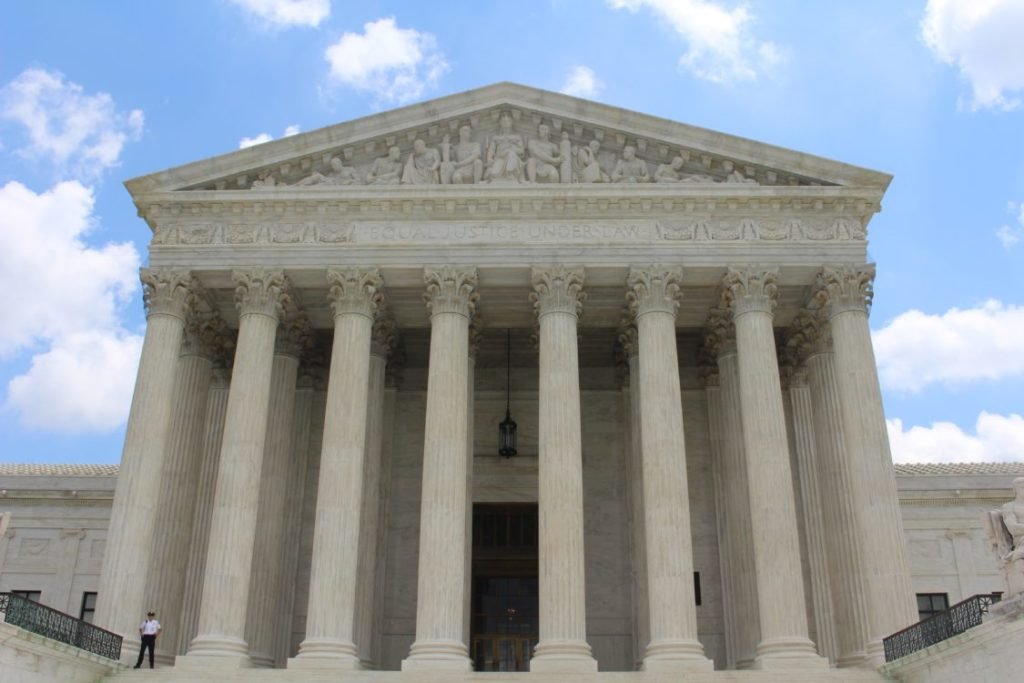Yesterday, the U.S. Supreme Court heard arguments about whether or not the DACA program should remain in place. California, with the largest number of DACA recipients, was a leading player in the legal battle in support of the DACA program. After yesterday’s arguments, it is likely that the Court will lean toward ending the program based on the conservative majority of the court. You can read more about it in this New York Times article here.
Many DACA recipients are wondering what will happen next. A decision on this case will likely be released in June 2020. Until then, DACA recipients can apply for renewals. However, those who have never applied for DACA, still cannot apply, and advance parole documents (aka travel permits) are still not being issued to DACA recipients.
A major concern I have heard from DACA recipients is whether or not they could be deported. According to the New York Times article linked above, Chief Justice Roberts states that the Obama and Trump administration has said they would not deport people eligible for the program. However, ending the program would end their ability to work legally and obtain driver licenses in some states (where I live in Utah, the state offers what is called a Driver Privilege card that allows a person to drive legally in the state). A mass deportation is highly unlikely due to limited resources and the ever-growing backlog in the immigration courts. I do tell people if they are here without legal status, there is always a risk of deportation, and if there is a way to obtain legal status through a family member or other potential immigration avenues, they should apply for it assuming they qualify for the immigration benefit.
If DACA is terminated, it could push Congress to enact a law that would be a permanent solution. For now, DACA will stay as it is until the final decision comes out next year.





Pingback: U.S Supreme Court to Determine Fate of the DACA program with a decision by June 2020 - JLJ Law Group